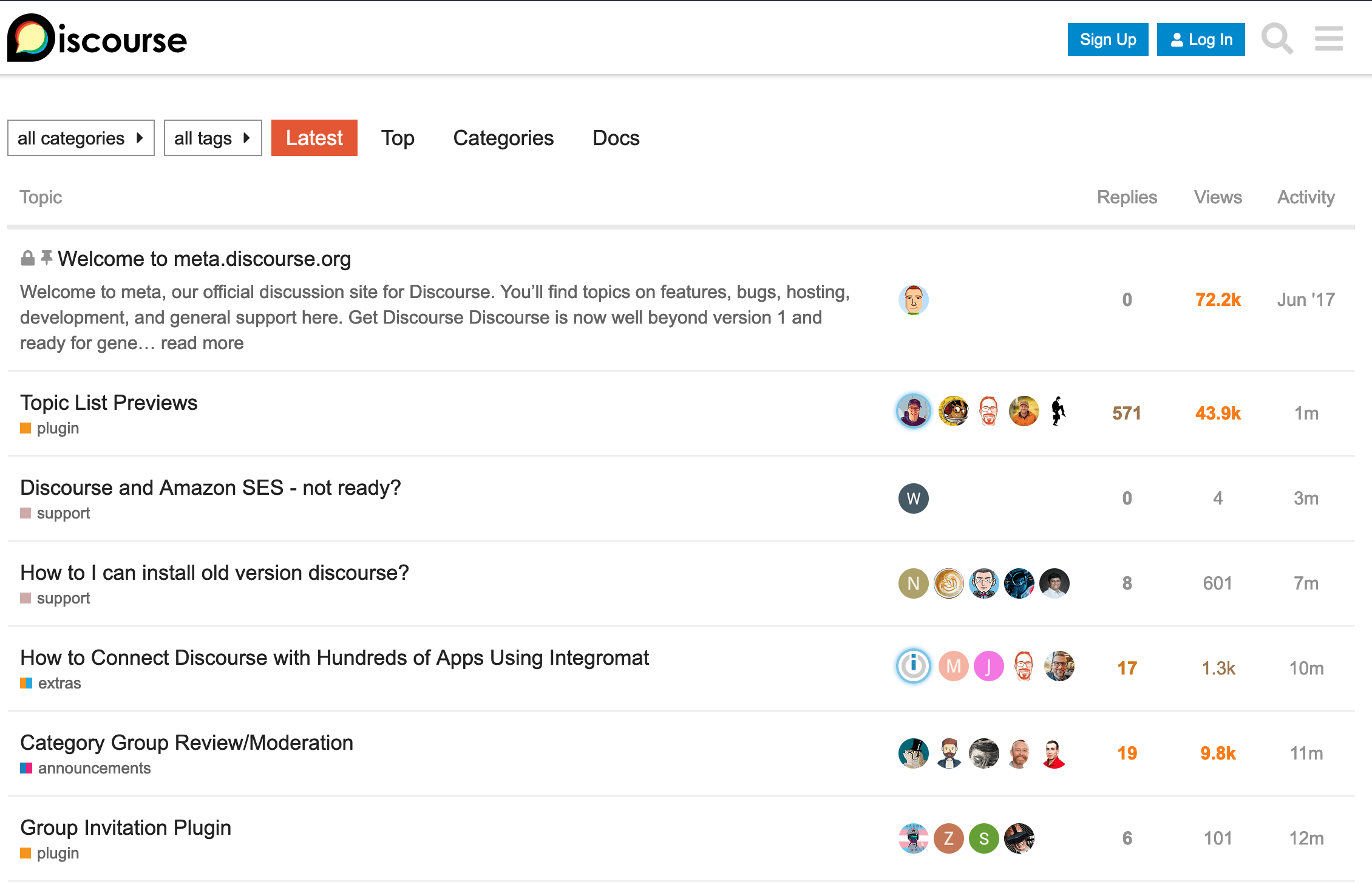What is Online Community?
Everyone everywhere is looking for community. Sometimes community is found in person. Other times it’s found elsewhere. One of the most prominent alternative places to find community is online. So what is an online community? Let’s find out!
In this article, we’ll cover:
- The definition of an online community
- Online communities vs. social networks
- Community building vs. audience building
- Creating space for people to connect
The definition of an online community
An online community is simply a group of people coming together for a common purpose, interest, or vision, and doing so via the internet. Online communities typically use chat rooms, mailing lists, and forums as their primary mode of interaction.

Online communities tend to form around hobbies, special interests, creators, influencers, or even companies and their products. They take many forms and express themselves in a multitude of ways. While many virtual communities stay online-only, some have in-person events and elements as well.
The thing that differentiates online vs. local communities is the primary mode of engagement. Local communities focus membership around a geographic area, where anyone from any location can participate in a community that’s based online.
Online communities vs. social networks
Social networks have dominated the space around connecting online, but they differ from what we’d consider an online community. To start, social networks have some sense of personal gravity about them. The people you’re connected with on social networks are often local friends, classmates, or family members, where online communities are usually made up of people who don’t know one another, at least initially.

Another way social networks differ is how community connection plays a role. Social networks are typically based on a loose idea of connection. You’re broadcasting thoughts, feelings, and experiences of your life, and others are responding to it. There’s a sense of connection, but it’s more passive in nature. An online community is built intentionally with a specific purpose and strategy to help people connect. As a result, there are typically more ways to get deeply involved with a virtual community beyond only sharing information.
Lastly, social networks are massive and often don’t foster authentic connection. People typically post the highlight reel of their lives on social media. With an online community, community leaders strive to create a space where people can truly connect around the purpose of the community’s existence. In this intentionally crafted and curated environment, authentic relationships can start to form.
Social media, in essence, is like traditional mass media. You broadcast, others listen and can react to it. Communities are much different in that they are like local clubs. People do share information, but interactions are based on the relationships the community’s members build around its purpose.
Facebook is probably the first social network community builders turn to in launching their efforts through Facebook Groups. If you're wondering if this social network solution is right for you, we've written an article describing the pros, cons, and alternatives to using Facebooks Groups.
Community building vs. audience building

Online communities also take a different approach toward how they’re built. Social networks and businesses have traditionally focused on building an audience. Richard Millington of Feverbee has an excellent resource describing the difference between an audience and a community.
To summarize a few important points:
- A community is long term, where an audience is short term
- A community prioritizes slow growth, where an audience aims for fast growth
- A community fosters stimulating discussions, where an audience is reactive to questions
- A community builds relationships with individuals, where an audience broadcasts information to the whole group
If you’re looking to build a community, keeping these differences in mind is important, as it’s easy to drift into building a following over an engaged community.
Creating space for people to connect

An online community can exist in many different shapes or forms. However, a successful online community creates space for its members to connect. Connection is the basis of any community, no matter where it’s located. People can find a place of belonging through an online community, potentially in a facet of their lives where they don’t have friends locally with the same interests.
To create a space to connect, it must be a safe space. People connect by sharing what they honestly think, feel, or desire. This is why moderation tools are one crucial feature of any online community. Moderation relies on a set of community principles to help foster this kind of discussion. Moderators review the posts shared in a community, and remove those detrimental to maintaining that safe space. Anything that doesn’t contribute to the broader health of the community is redirected or removed.
Having a space to connect also focuses on building relationships over engaging in transactions. A community’s purpose is centered on how it benefits the people involved in it. If you approach community building with what you or your business can get out of it as the primary motivator, the amount of success you’ll see in your community will be limited.
